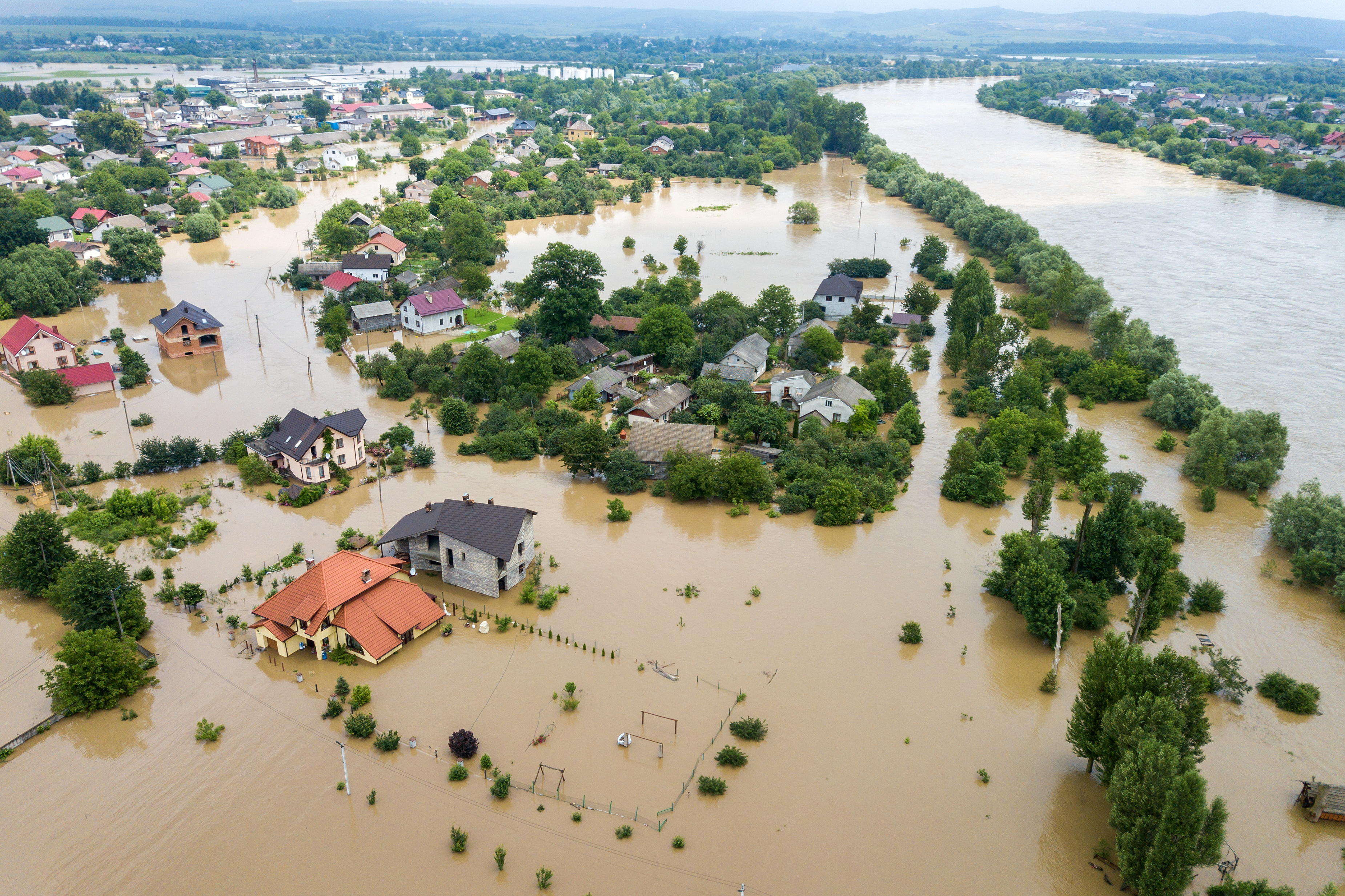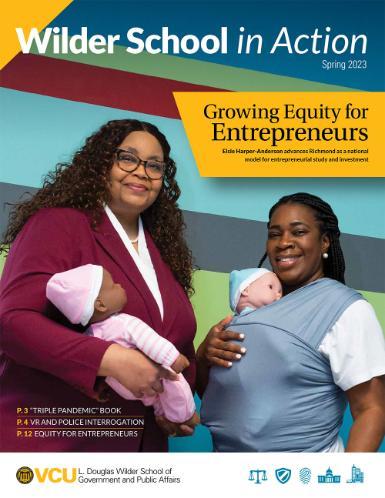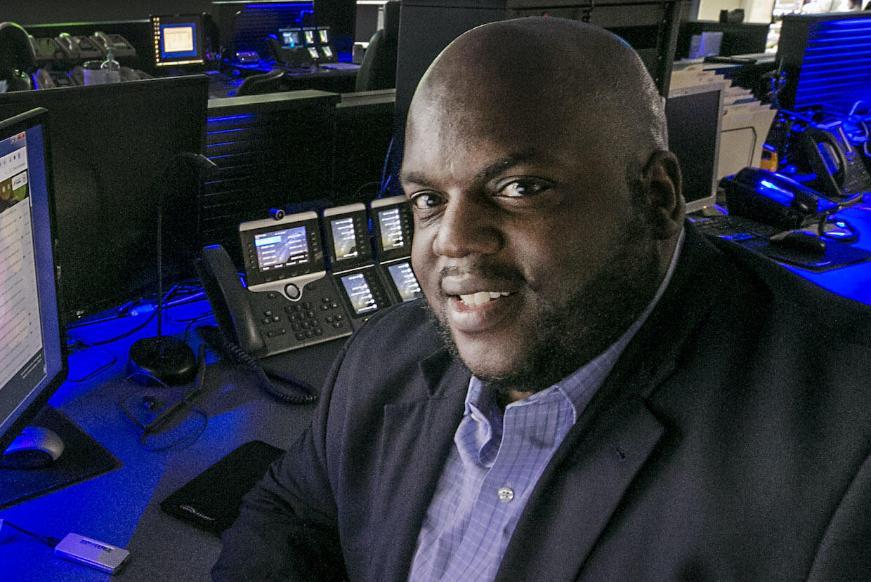News
Wilder School in Action: Bringing equity to emergency management and disaster response

by David Slipher
How do we identify and reconcile the racial and economic disparities caused by natural disaster recovery?
As natural disasters intensify in the U.S. due to climate change, many studies reveal that responses from federal, state, local, private and nonprofit agencies result in widely different outcomes for vulnerable, historically marginalized populations. These shortcomings dramatically affect their safety before and during a disaster, as well as their ability to financially recover in the aftermath.
Curtis Brown, Ph.D., a visiting senior practitioner in residence, is working in conjunction with the Wilder School Research Institute for Social Equity (RISE) to identify inequities and increase resilience in these communities.
"The increased frequency and severity of disasters continue to expose inequities in policies and practices that directly contribute to disproportionate impacts,” said Brown.
Past and present discrimination, community redlining, lower property appraisal values, infrastructural divesting, high insurance costs and challenges accessing government services are some of the key factors Brown is examining. According to the U.S. Census Bureau, 74% of white Americans own their homes, compared to just 44% of Black Americans, with a median difference of $80,000 in home value.
In many cases, vulnerable populations live in closer proximity to locations at risk of disasters — especially coastal areas — and are more likely to become permanently displaced following a disaster. Brown’s research reveals that systemic exclusionary practices fail to account for the unique needs of underserved populations before, during and after disasters.
"The increased frequency and severity of disasters continue to expose inequities in policies and practices that directly contribute to disproportionate impacts,” - Curtis Brown, Ph.D.
There are many potential solutions for improvement, such as shifting from damage-based to needs-based funding and implementing an “equity standard” to evaluate recovery needs on an individual and community basis. Decreasing administrative barriers like financial relief response time and program eligibility for individual households are other proposed tools for reforming emergency responses.
As an expert crisis planner and former state coordinator at the Virginia Department of Emergency Management and deputy secretary of Public Safety and Homeland Security, Brown has submitted congressional testimony to help legislators better understand the unequal response that unevenly harms these groups in comparison to their white counterparts.
“This research is vital to our ability to reduce the disproportionate impacts of disasters in marginalized communities by identifying the necessary public policy changes to eliminate inequities and better support communities on the front line of disaster impacts,” he said.

View this story and more in the spring 2023 edition of the Wilder School in Action magazine
